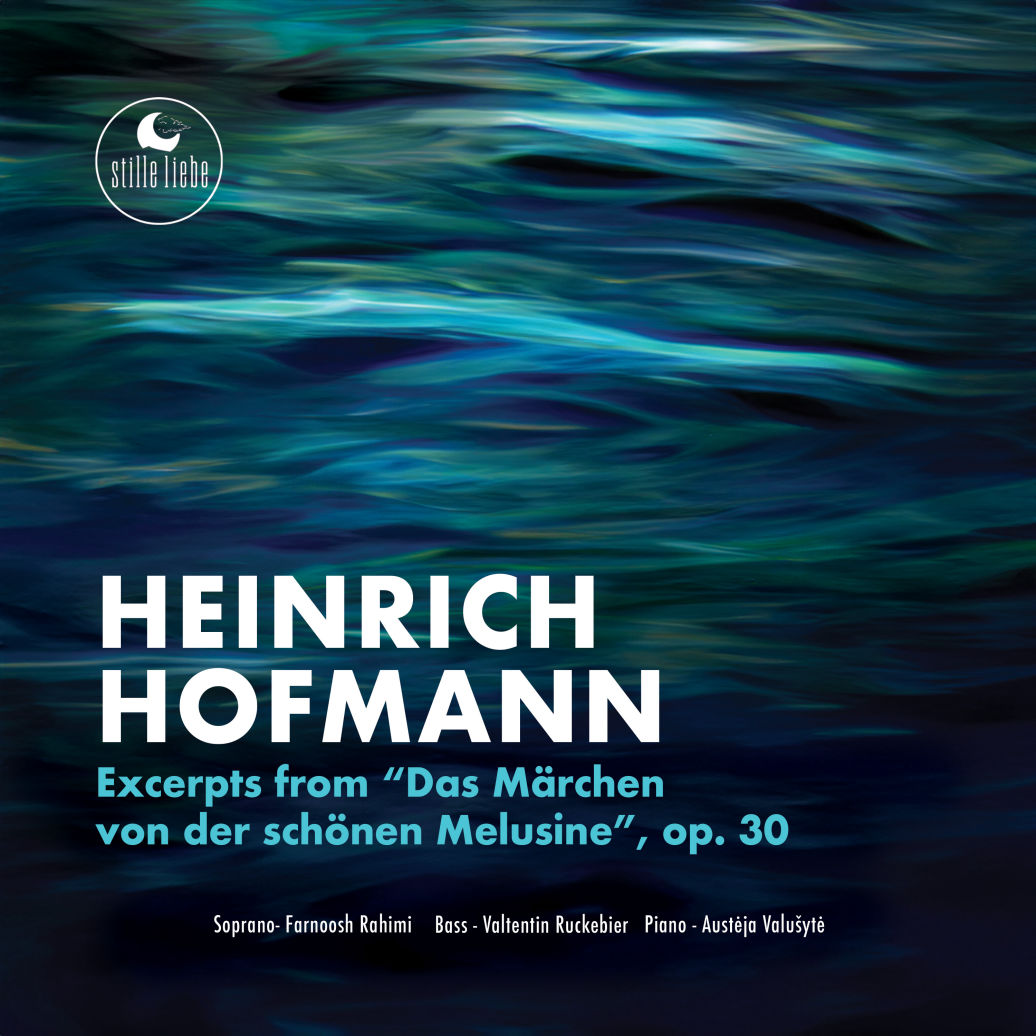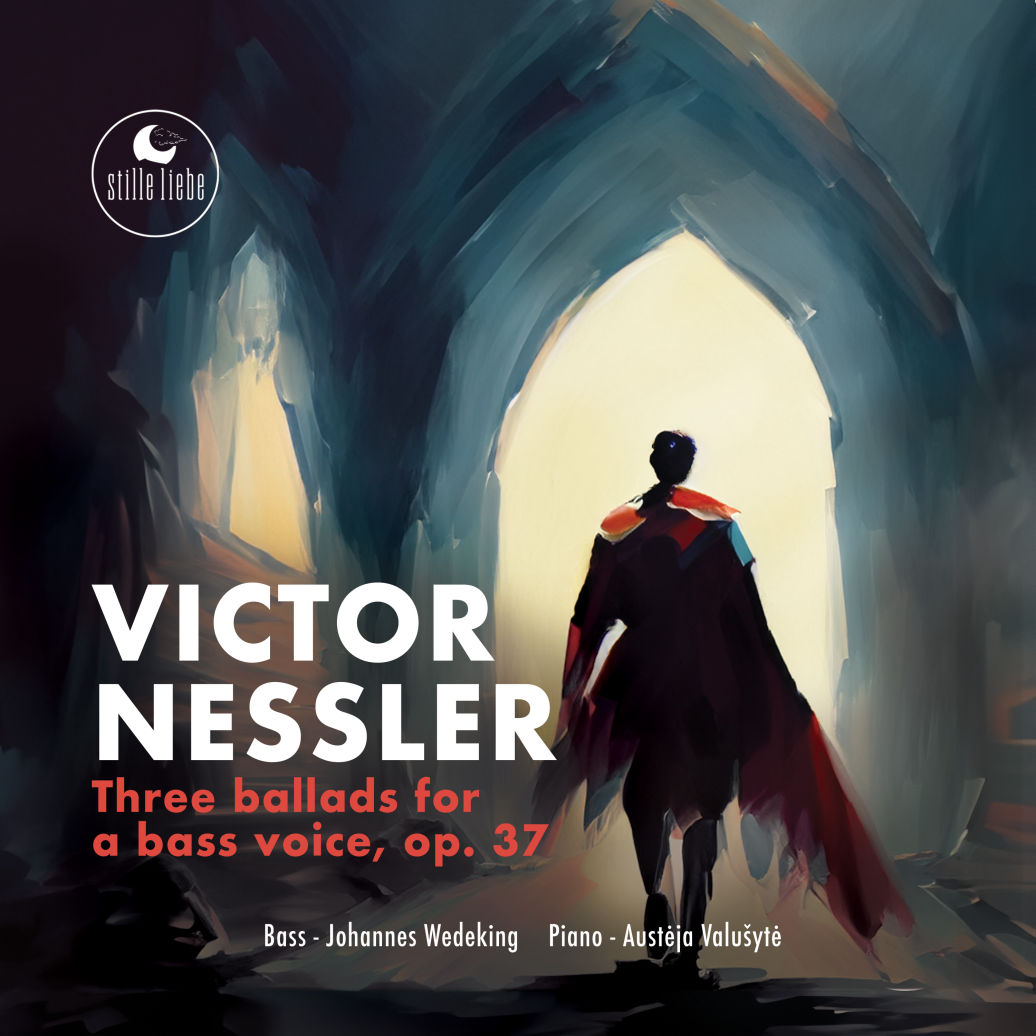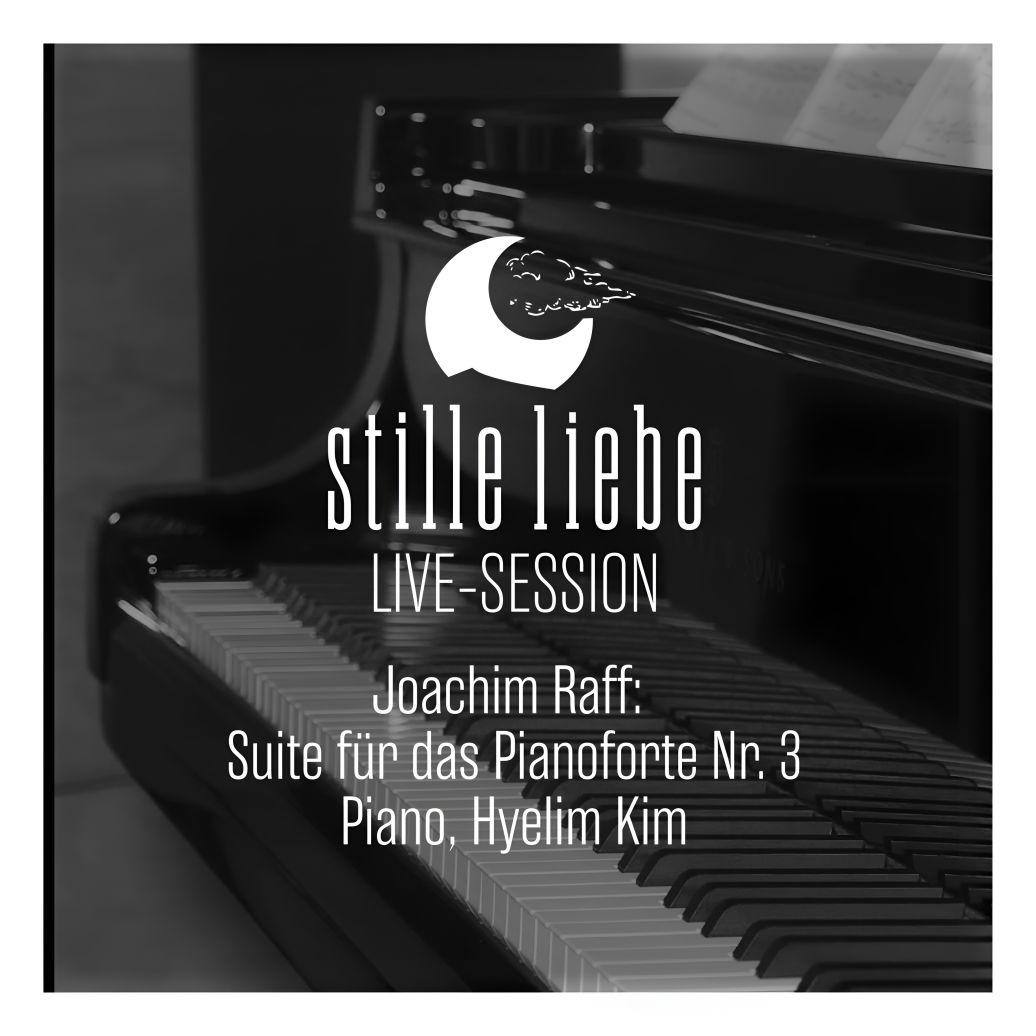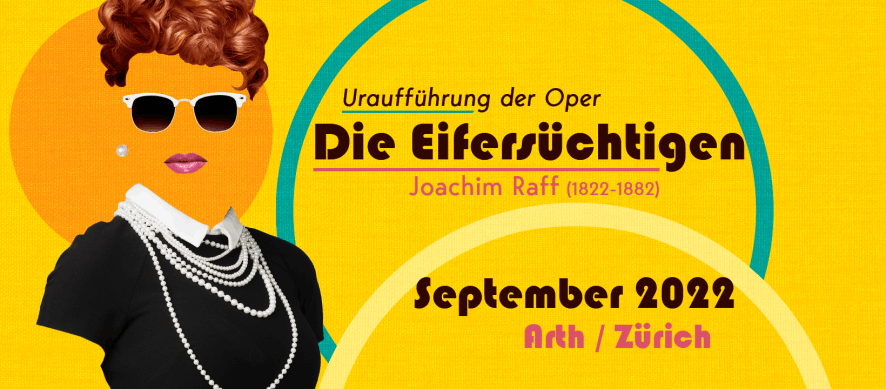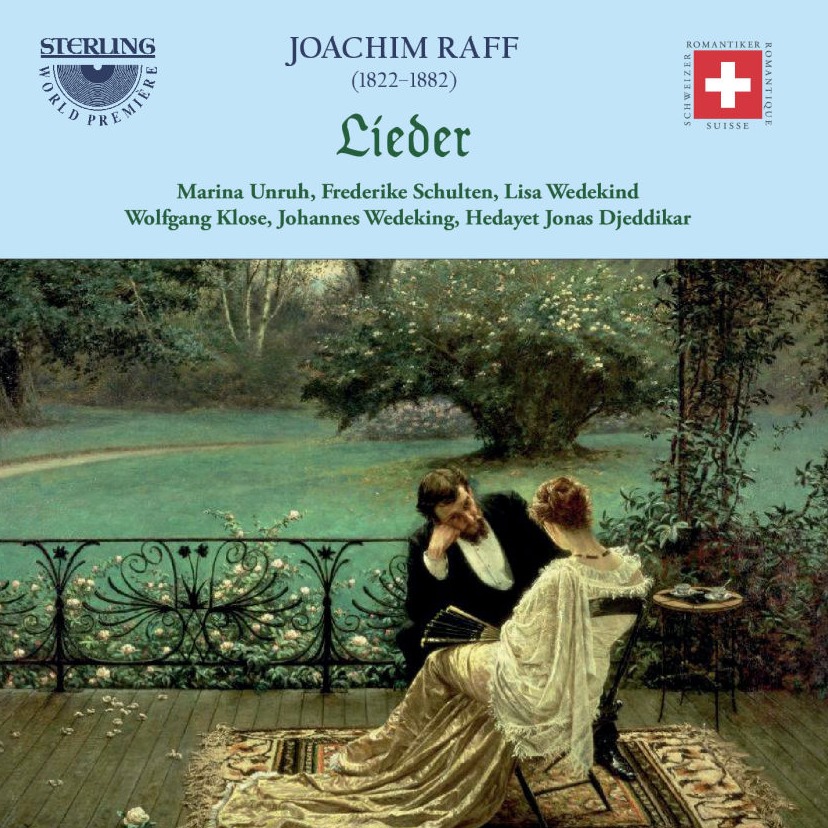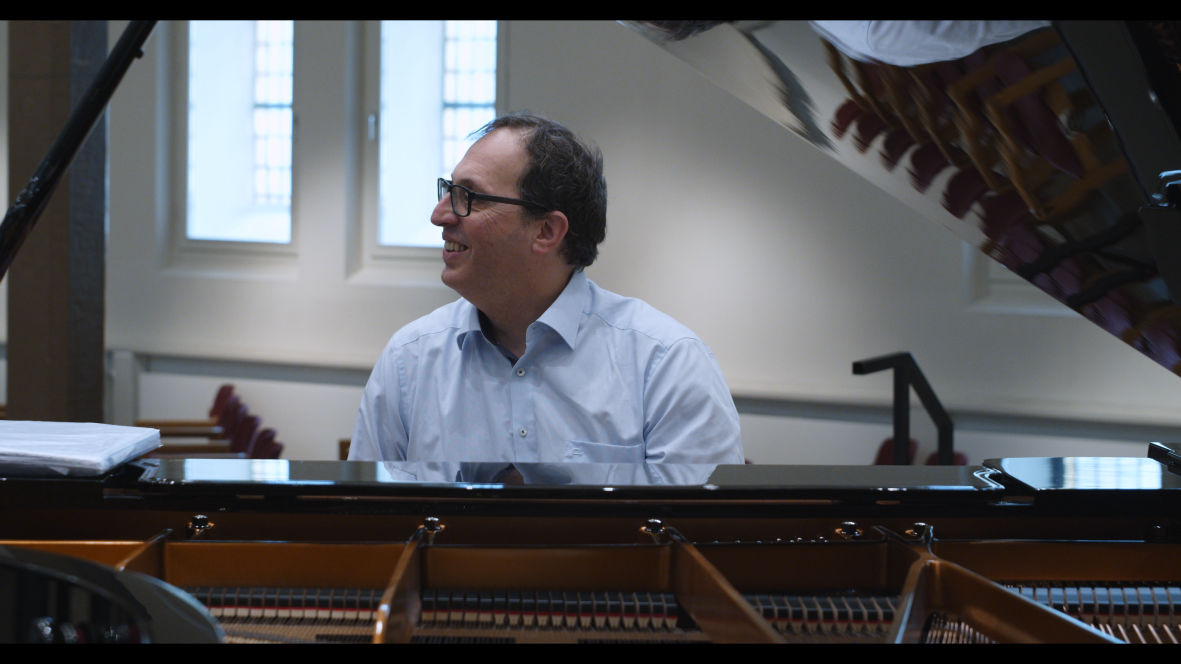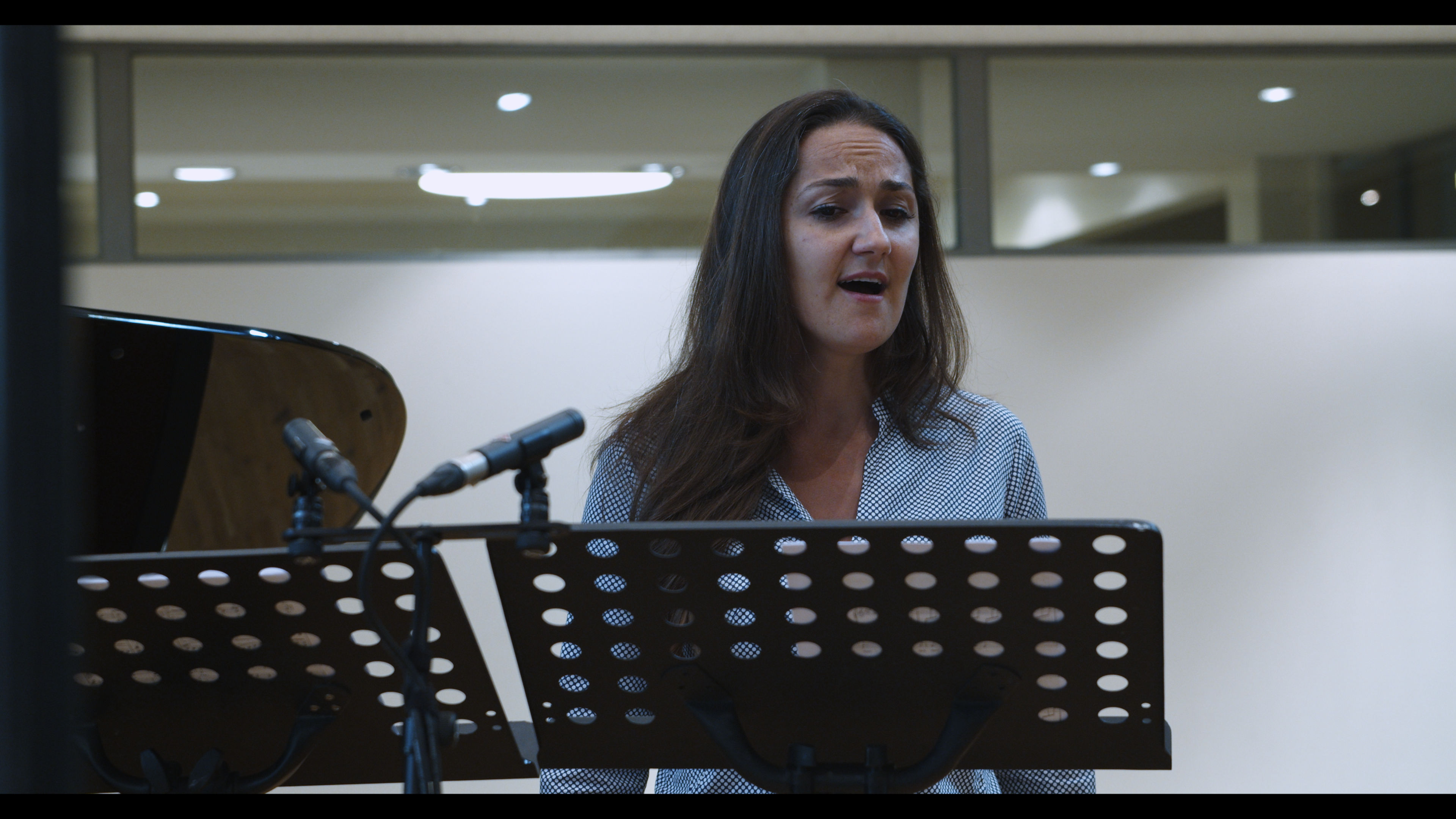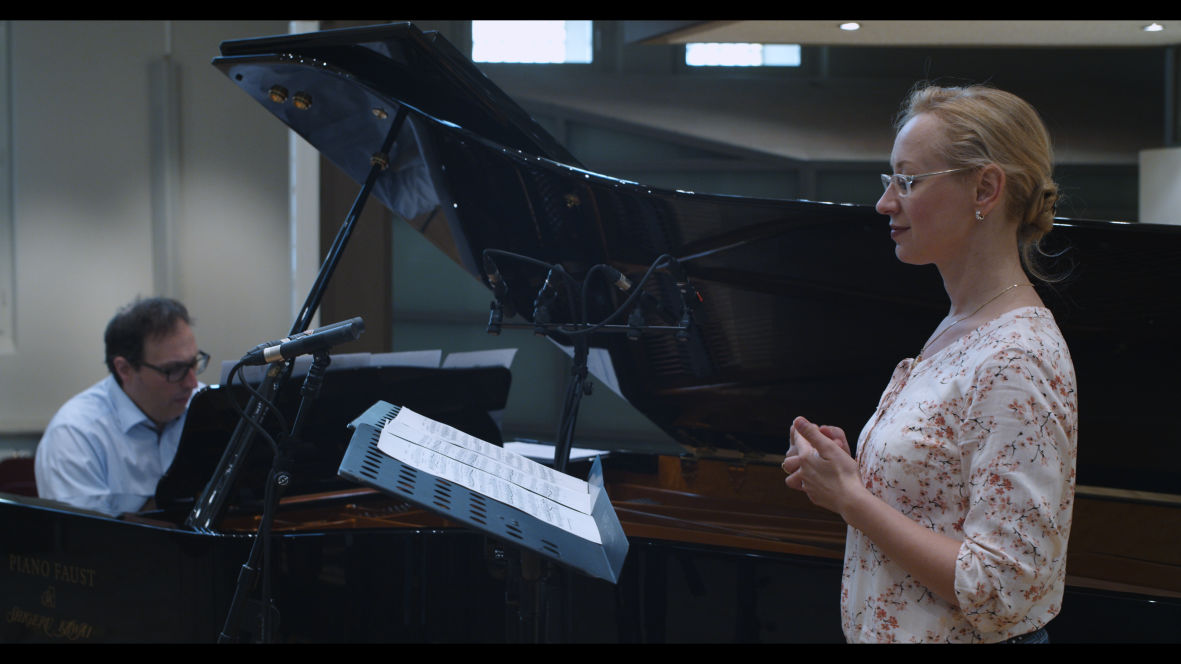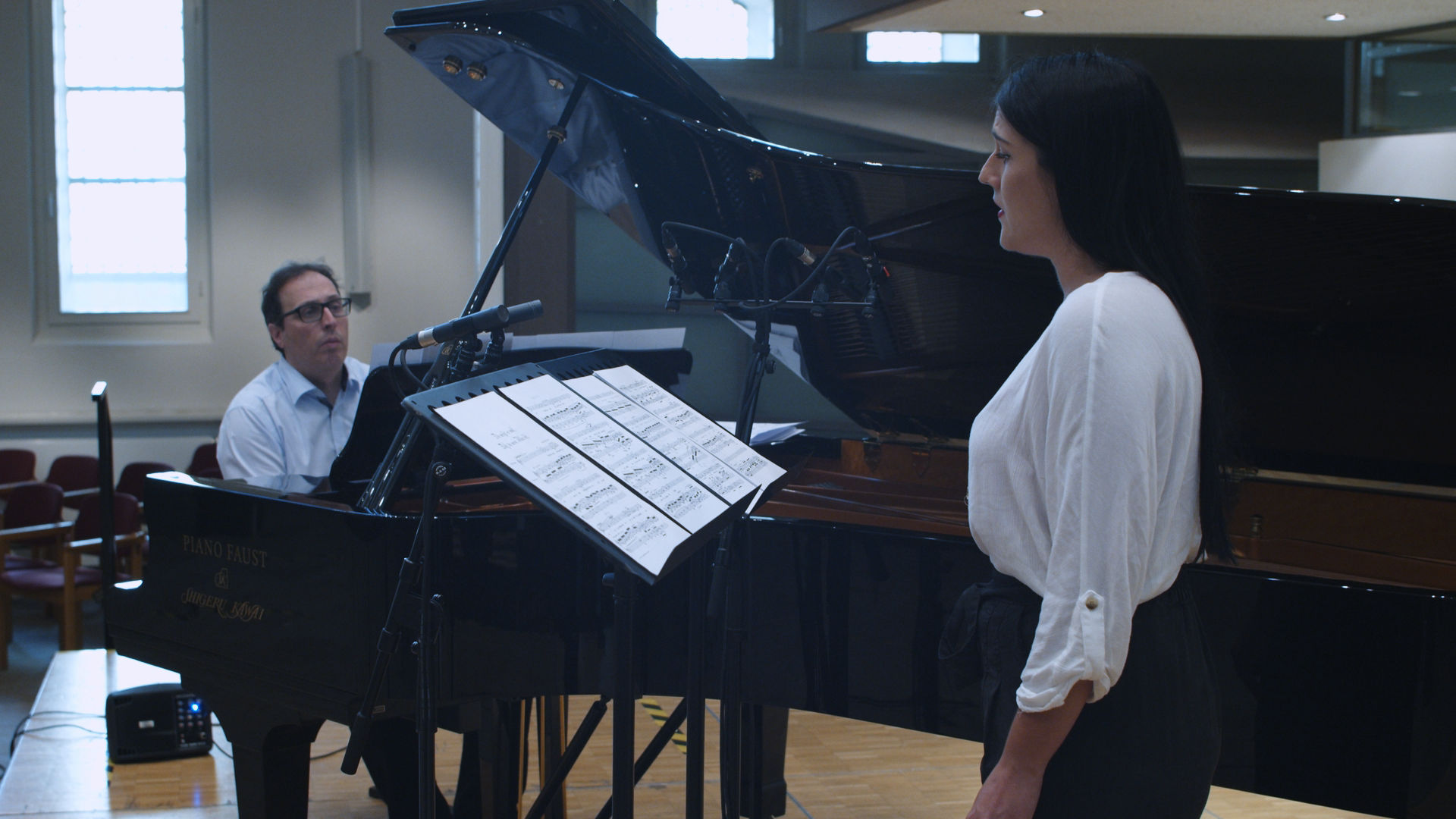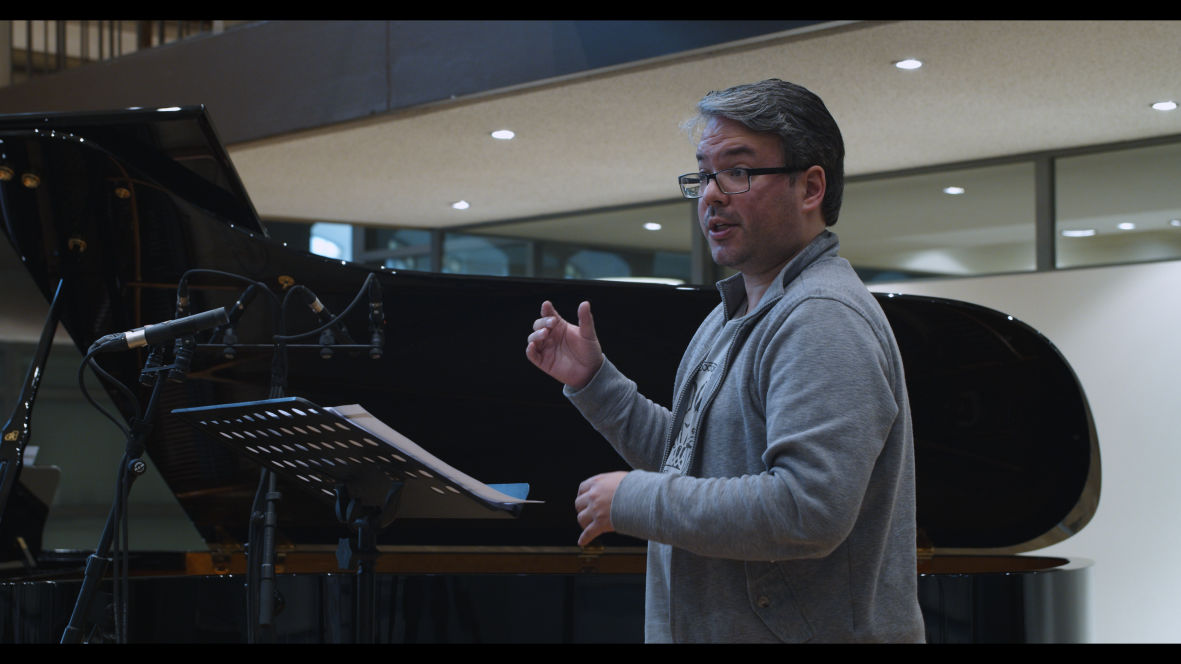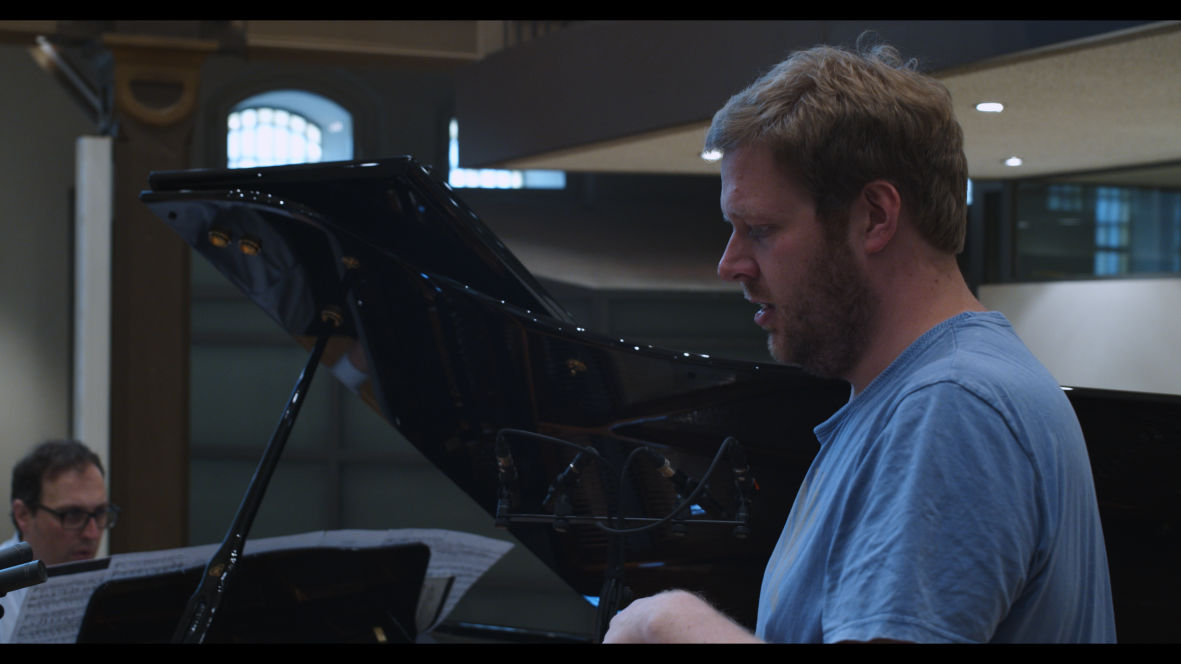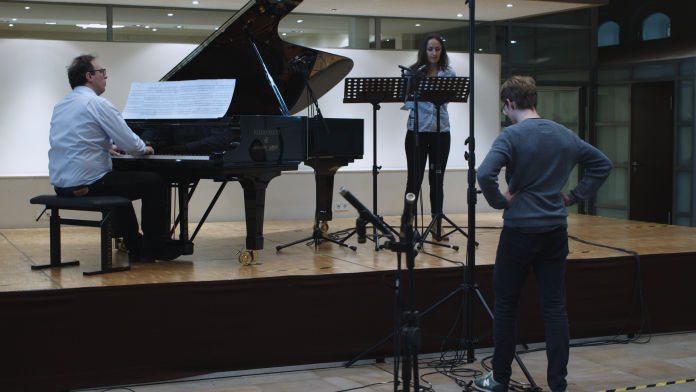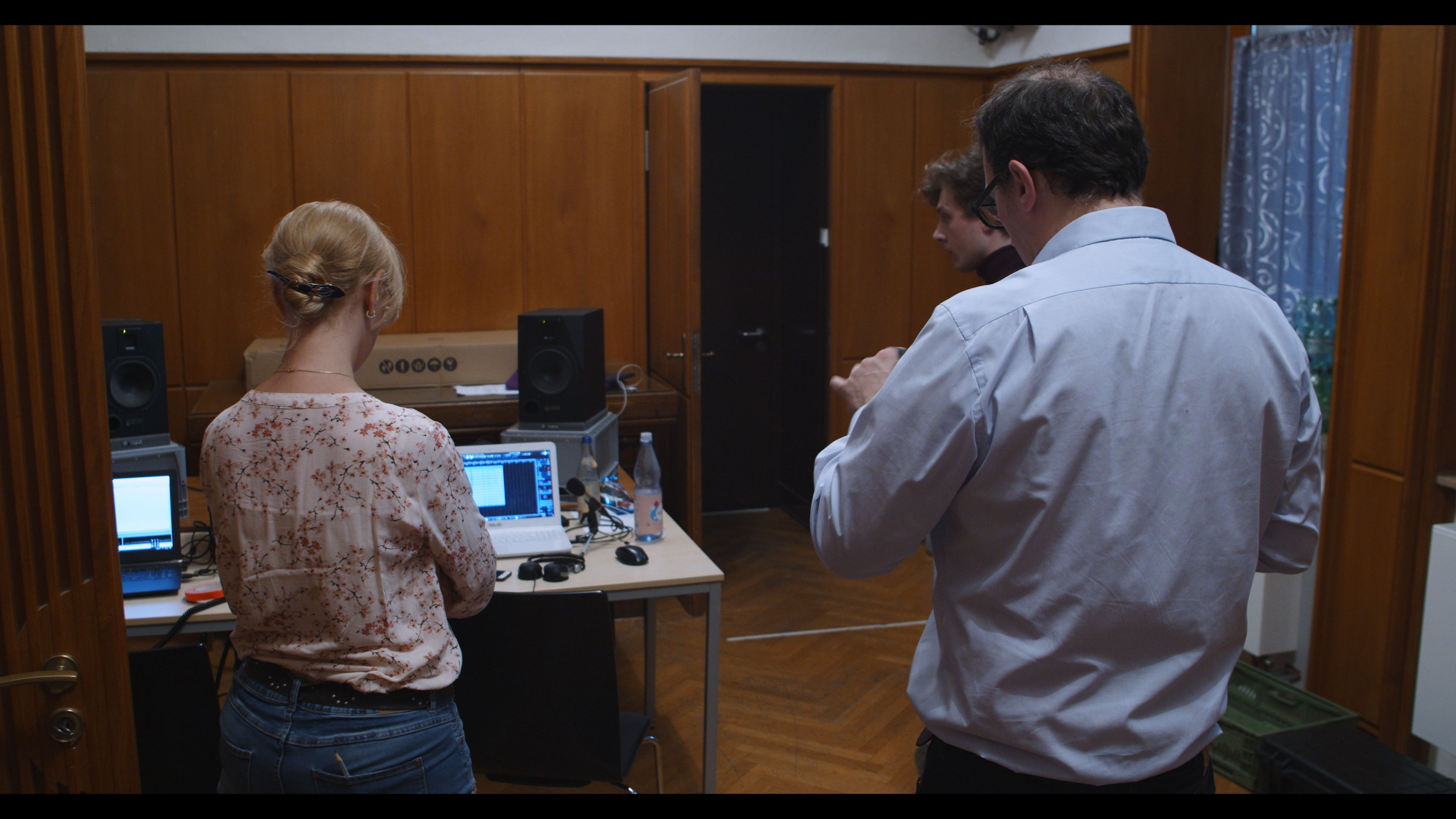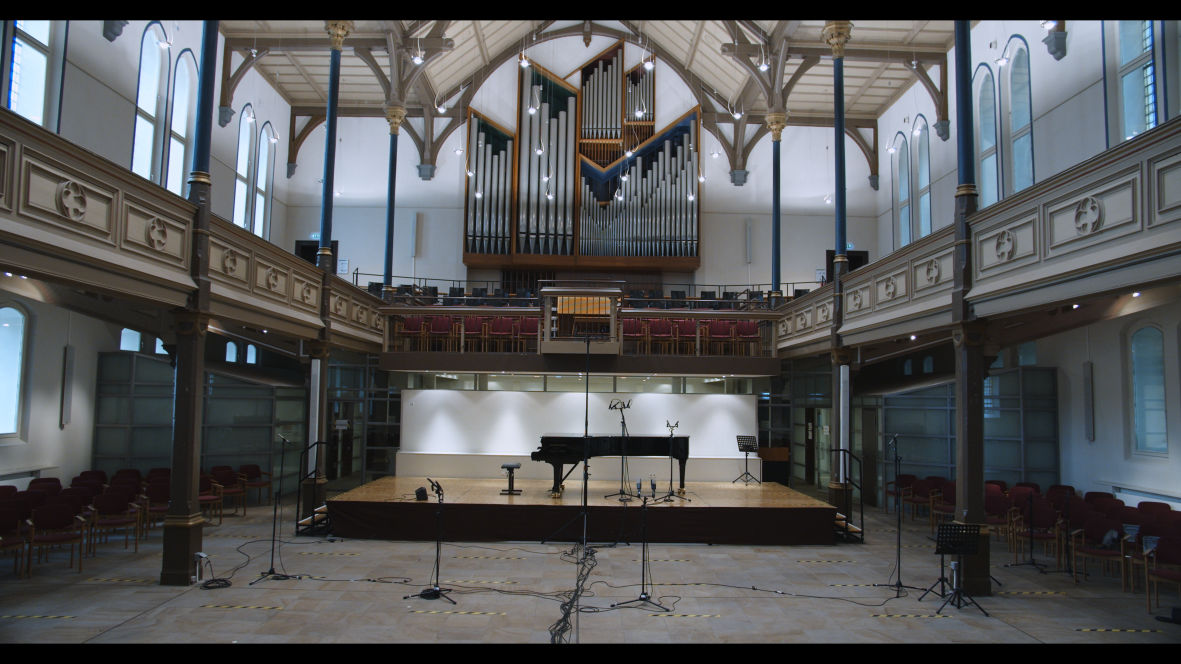Heinrich Hofmann's Musical Legacy
With our latest release we are showcasing the works of 19th-century composer Heinrich Hofmann. Born in Berlin in 1842, Hofmann's classical influences, including Mendelssohn and Schumann, shaped his distinct style marked by lyrical melodies and emotional depth.
The premiere features Valentin Ruckebier in the heartfelt aria "Raimunds Lied" and a beautiful duet with Farnoosh Rahimi, bringing to life the narrative of "Das Märchen von der schönen Melusine." This cantata, set for orchestra, chorus, and soloists, unfolds a captivating love story between the knight Raimund and the mythical mermaid Melusine, based on the text by Wilhelm Osterwald. In the duet, Raimund confesses his love to Melusine, and the two come together. However, their love can only exist under a condition, the disregard of which ultimately leads to the knight's death. Dive into Hofmann's historical significance and timeless compositions.
